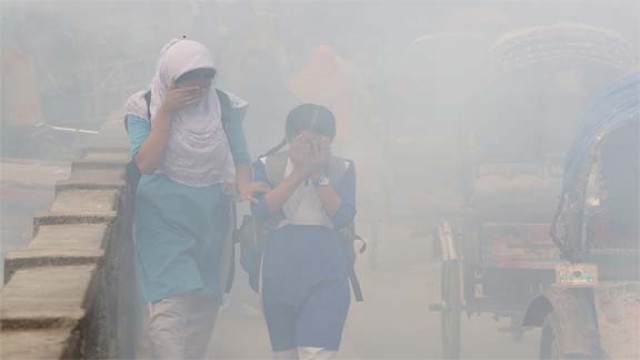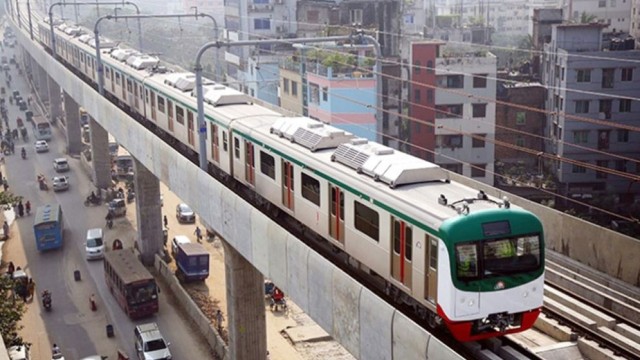Dhaka, the bustling capital of Bangladesh, found itself ranked sixth on the global list of cities with the poorest air quality, according to the Air Quality Index (AQI) data recorded at 9:00 am (29th April) this morning. With an AQI score of 152, Dhaka's air quality was classified as 'unhealthy', signaling significant concerns for residents.
Topping the list were cities like Iraq's Baghdad, India's Delhi, and Nepal's Kathmandu, with alarming AQI scores of 401, 266, and 169 respectively. Such rankings underscore the severity of the air pollution crisis affecting urban centers across the globe.
The AQI serves as a crucial indicator for understanding the cleanliness or pollution levels of a city's air and helps individuals gauge potential health risks associated with exposure. In Dhaka, an AQI value ranging between 101 and 150 is deemed 'unhealthy for sensitive groups', while readings surpassing 150 are labeled simply as 'unhealthy'. Further escalations, reaching between 201 and 300, indicate a 'very unhealthy' situation, with scores exceeding 301 classified as 'hazardous', posing severe health threats to the population.
In Bangladesh, the AQI is calculated based on five key pollutants: particulate matter (PM10 and PM2.5), NO2, CO, SO2, and ozone. Dhaka's longstanding struggle with air pollution remains a pressing issue, with the city often experiencing deteriorating air quality during the winter months, followed by modest improvements during the monsoon season.
The World Health Organization (WHO) underscores the dire consequences of air pollution, estimating that it claims the lives of approximately seven million people worldwide annually. The health impacts range from heightened mortality rates due to stroke, heart disease, and chronic respiratory conditions to increased risks of lung cancer and acute respiratory infections.































Comment: